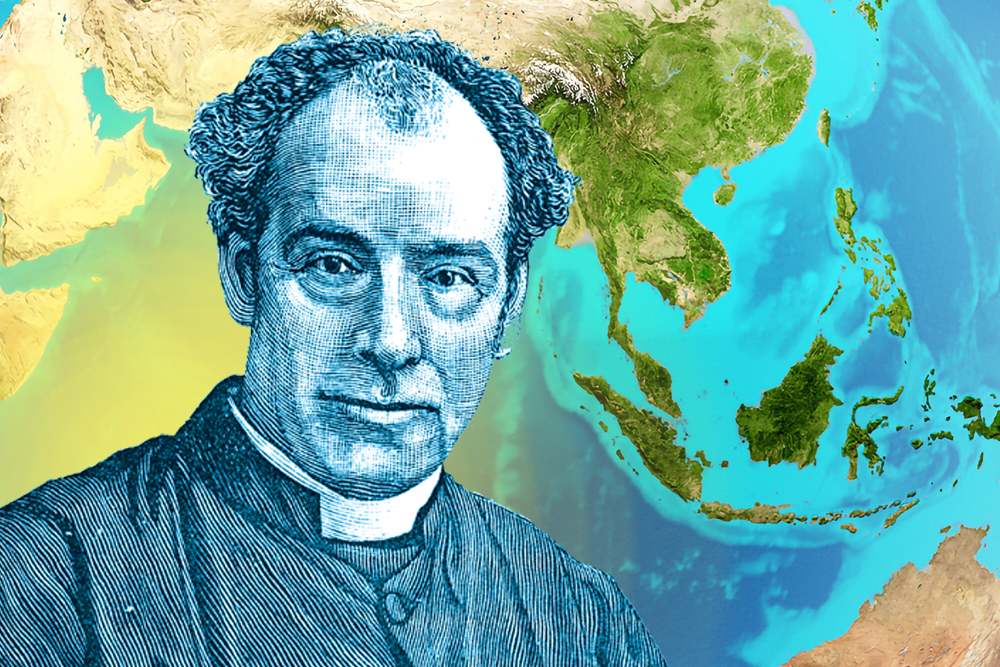
In every generation, voices of prophets remind us that God has charged humans with the care of our common home, Earth. The examples of our first peoples, and of individuals like Francis of Assisi, Meister Eckhart and the Medieval Women Mystics come to mind. In our day, too, we cite Pope Francis in his encyclical Laudato Si’ as synthesising world-wide awareness that our treatment of creation has repercussions for good or evil.
Similarly, can we claim Julian Tenison Woods as a nineteenth-century Australian prophet, a precursor of the current call to respond to the health crisis of our planet, Earth?
The Earth Charter was launched by the United Nations Earth Charter Commission in June 2000, after intense consultation around the world. Because of the legacy left to the Sisters of Saint Joseph by Father Julian Tenison Woods, all who share the Josephite spirit will recognise strong connections with the content of the Earth Charter. For example, the document’s Preamble contains the following statement:
Fr Julian’s appreciation of biodiversity is evident in a host of his writings, and in particular in his reflections on A Trip to a Coral Reef (1879):
The Charter asserts that cooperation is necessary in caring for Earth: ‘To realise these aspirations, we must decide to live with a sense of universal responsibility, identifying ourselves with the whole Earth community as well as our local communities.’
Fr Julian uses an image to say the same thing:
The alignment of statements in the Charter and sayings of Fr Julian continues throughout the document. ‘Caring for the community of life with understanding, compassion and love’ corresponds with Fr Julian seeing God’s love displayed ‘in the flowers, in the insects, in the birds as they fly’ and in all creation.[2] The Charter’s call to ‘protect and restore the integrity of Earth’s ecological systems’ repeats Fr Julian’s observation: ‘There is an echo in the harmonies of nature which penetrates the soul’.[3]
When Fr Julian urged the Tasmanian government to prevent the wholesale destruction of the State’s forests,[4] he anticipated the Charter’s plea to ‘prevent harm as the best method of environmental protection’. His advocacy and respect for Aboriginal peoples parallel the Charter’s plea to ‘recognise and preserve the traditional knowledge and spiritual wisdom in all cultures’.[5]
I encourage everyone with a Josephite heart to peruse the Earth Charter document and rejoice in the legacy Father Julian left us.
Mary Cresp rsj
CentreWest Region
Footnotes:
[1] Instruction to Sisters of Perpetual Adoration, 30 Nov., 1880.
[2] Jan 1870, Letter to Mary MacKillop.
[3] Quoted by Julian Tenison Woods
[4] Woods, ‘Tasmanian Forests: Their Botany and Economical Value’, 1878.
[5] For example, Woods’ objection to Aboriginal children being removed from their families (Articles in local newspapers 1880), his solidarity with the rights of Aboriginal peoples (MacKillop, 1903, 63-64; Muller, M 2000, Penola, Ten Years in the Bush and Beyond, 10; Border Watch, 4 Aug 1866) and his respect for the knowledge of traditional Malay peoples, (Letter to W. Archer, 19 September 1884).
